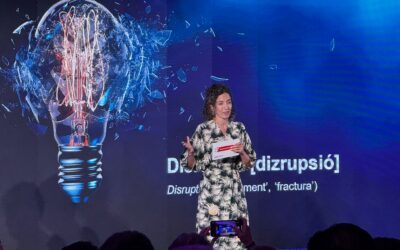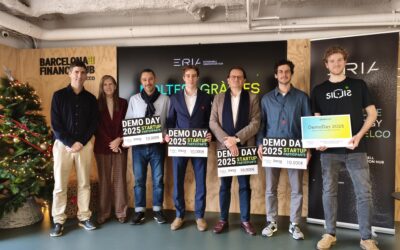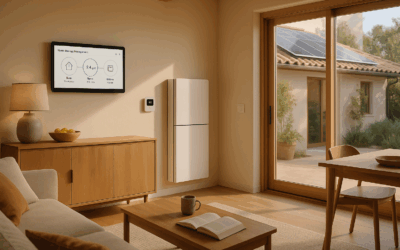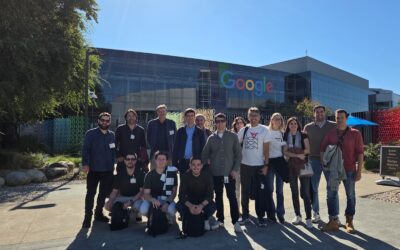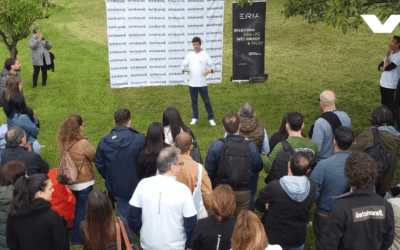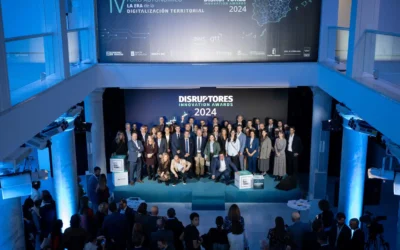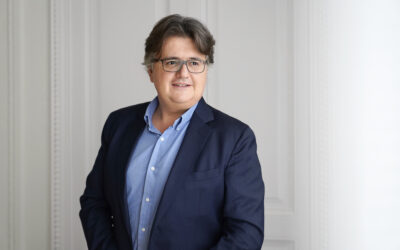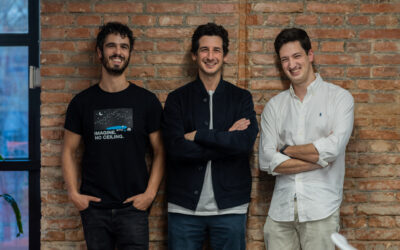The startup, born in Barcelona under the umbrella of Napptilus Battery Labs, is committed to a lithium-free, ultra-fast and scalable energy storage model to accelerate the transition to a 100% renewable electricity system.
Wattium, one of the startups selected in the second edition of ERIA’s acceleration program, has developed a pioneering technology of non-lithium batteries for stationary storage (BESS), capable of charging in minutes and with a very competitive cost compared to current solutions. Wattium’s objective is clear: to solve the main bottlenecks in the energy sector – cost per W/Wh, safety and charging times – and to facilitate the massive integration of renewables into the grid.
Founded in Barcelona by the Napptilus Battery Labs team, the startup is led by Roger Casals, CEO; Dani Rueda, co-founder and CTO; and Jordi Aibar, co-founder and COO. Wattium seeks to break the dependence on critical materials such as lithium and offer a safer, sustainable and long-lasting alternative. The proposal is based on a high-power bipolar cell, which enables charging cycles at ≈12C with outstanding performance and a lifetime far superior to conventional batteries.
Upon entering the ERIA acceleration program, Wattium was in the pre-industrialization phase, with functional cells and modules in the laboratory, a pre-series of 32 cells and high-power cycle validation tests. In parallel, they are already working on the production roadmap for 2026, which will mark the beginning of its industrial scale-up.
From validation to network pilots



